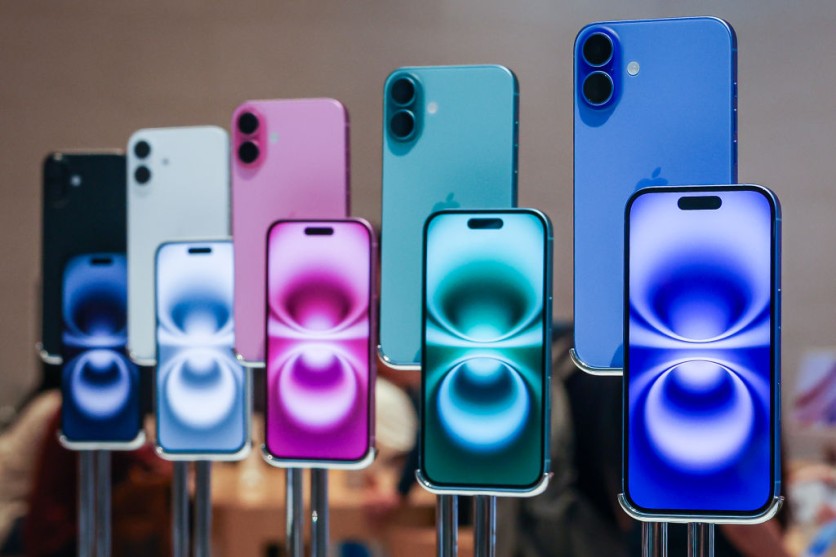
In the past years, Apple has been focusing on its self-designed chips, and it's reportedly eyeing on using one for the iPhone 17. The recent iPhones from the company's lineup use a Wi-Fi connectivity chip designed by Broadcom, but Apple is said to be going on a different route for its future smartphones.
The latest scoop from a well-known analyst claims that this would help the different aspects of Apple's development moving forward.
iPhone 17 Is Getting an Apple-made Wi-Fi Chip: Analyst
The latest post by Apple analyst Ming-Chi Kuo on X revealed the company's rumored plans to make a significant shift towards developing their own Wi-Fi chipset that will help improve their connectivity. This new Wi-Fi chip is said to be capable of supporting Wi-Fi 7 connectivity, and it would be similar to what the iPhone 16's Wi-Fi chip is capable of.
However, the iPhone 16 and other past smartphones relied on the Wi-Fi + Bluetooth chip that Broadcom developed for the company, and while they offer exceptional features, it seems that Apple still wants to make the change.
Moreover, Kuo revealed that the Apple-designed Wi-Fi chips would help enhance connectivity to the devices it would be applied to. Fans can hope that it will be coming to all the iPhone 17 models that will reportedly be unveiled later this year.
Read Also: Apple iPhone 17 Pro Leaks Say It Is Getting a Major Redesign, And It Looks Really Strange
Will the iPhone 17 Get the iPhone 16e's C1 5G Chip Too?
The analyst also shared that there is one variation of the iPhone 17 series that will get the latest C1 5G chip found on the iPhone 16e, and this would be the iPhone 17 Air.
The reason behind this is that this would also help in applying the slimmer profile of the new smartphone as well.
The Era of Apple-designed Processors
For the longest time, Apple has made a fortune with its technology despite relying on third-party chips for its devices, but the company eventually changed this in 2020 for the Mac. The year of the pandemic also marked the end of the Intel Mac era as the Cupertino-based tech giant opted for its self-designed M-series chip, which brought changes for the device.
This massive shift was a gamble for Apple, but it paid off remarkably as the company was able to see significant savings while improving the experience with the Silicon processor. Moreover, there were also analyst claims that said that Apple wanted to make its devices slimmer, and one of the moves they needed to do was to drop Qualcomm's 5G chip in favor of its own design.
So far, Apple's iPhones have relied on A-series chips, which is one of the earliest Silicon chip designs of the company.
After debuting the C1 chip for the iPhone 16e, the next speculated development from Apple is a Wi-Fi 7 capable processor that will not only improve connections but also let the Cupertino-based tech giant enjoy huge savings.




